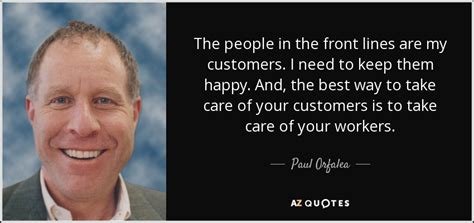A Quote by Neil deGrasse Tyson
There's a lot of memorization that goes on in school. You memorize vocabulary words and all these sorts of things.
Quote Topics
Related Quotes
A man with a scant vocabulary will almost certainly be a weak thinker. The richer and more copious one's vocabulary and the greater one's awareness of fine distinctions and subtle nuances of meaning, the more fertile and precise is likely to be one's thinking. Knowledge of things and knowledge of the words for them grow together. If you do not know the words, you can hardly know the thing.
I think that a lot of things are hard to read if you're not in the vocabulary flow of that particular discourse. I sometimes forget that even though the words I'm using are fairly ordinary words, the concepts around which they cluster, which are the long concepts of literary tradition, may not be familiar to an audience.
To be functionally fluent in a language, for instance, in most cases you need about 1,200 words. To acquire a total of vocabulary words, if you really train someone well they can acquire 200 to 300 words a day, which means that in a week they can acquire the vocabulary necessary to speak a language.
I’m not too keen on talking. I always have the feeling that the words are getting away from me, escaping and scattering. It’s not to do with vocabulary or meanings, because I know quite a lot of words, but when I come out with them they get confused and scattered. That’s why I avoid stories and speeches and just stick to answering the questions I’m asked. All the extra words, the overflow, I keep to myself, the words that I silently multiply to get close to the truth.
When you have a full page of well-written dialogue that has a thought process to it, it is pretty easy to memorize. It's a lot easier to memorize than if you're in a scene and other people are talking, and you have maybe one word or one sentence that you have to interject at the right time and in a natural way.




































